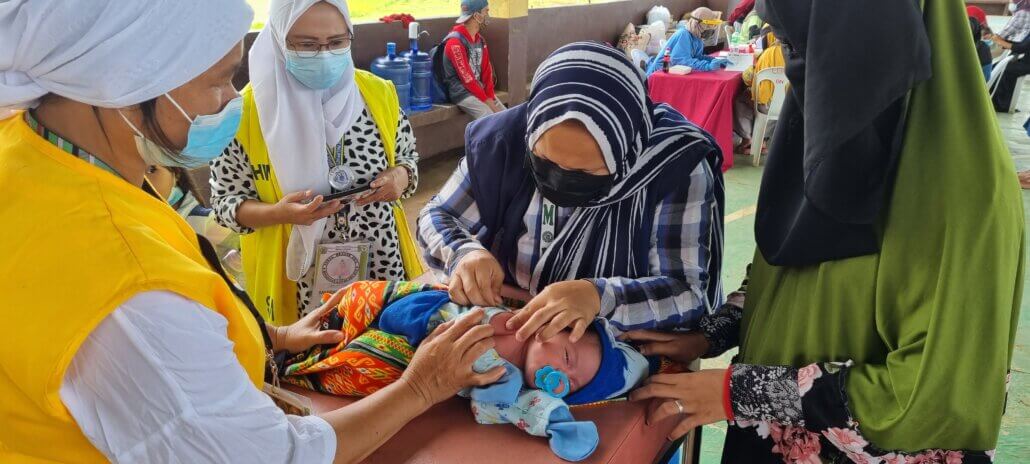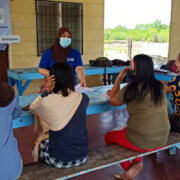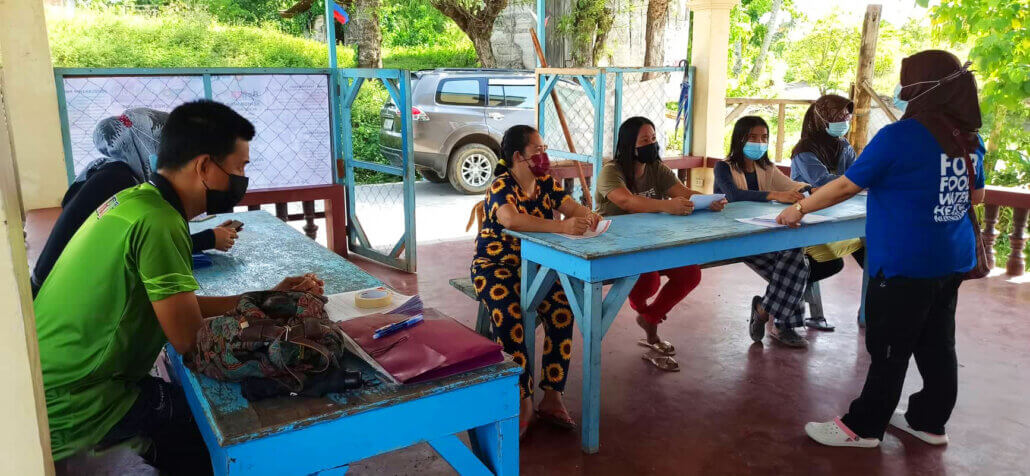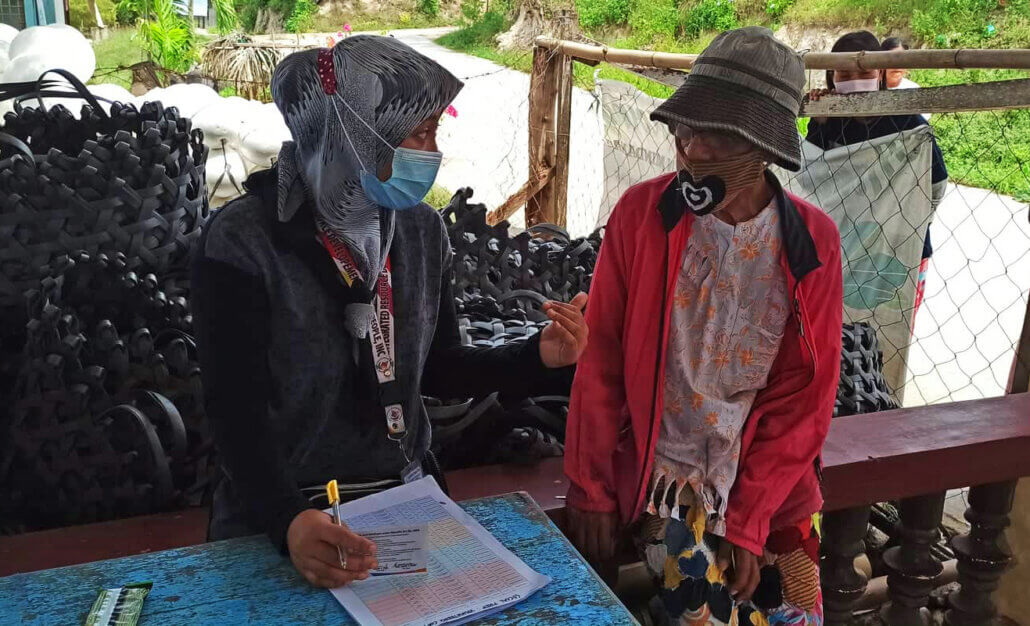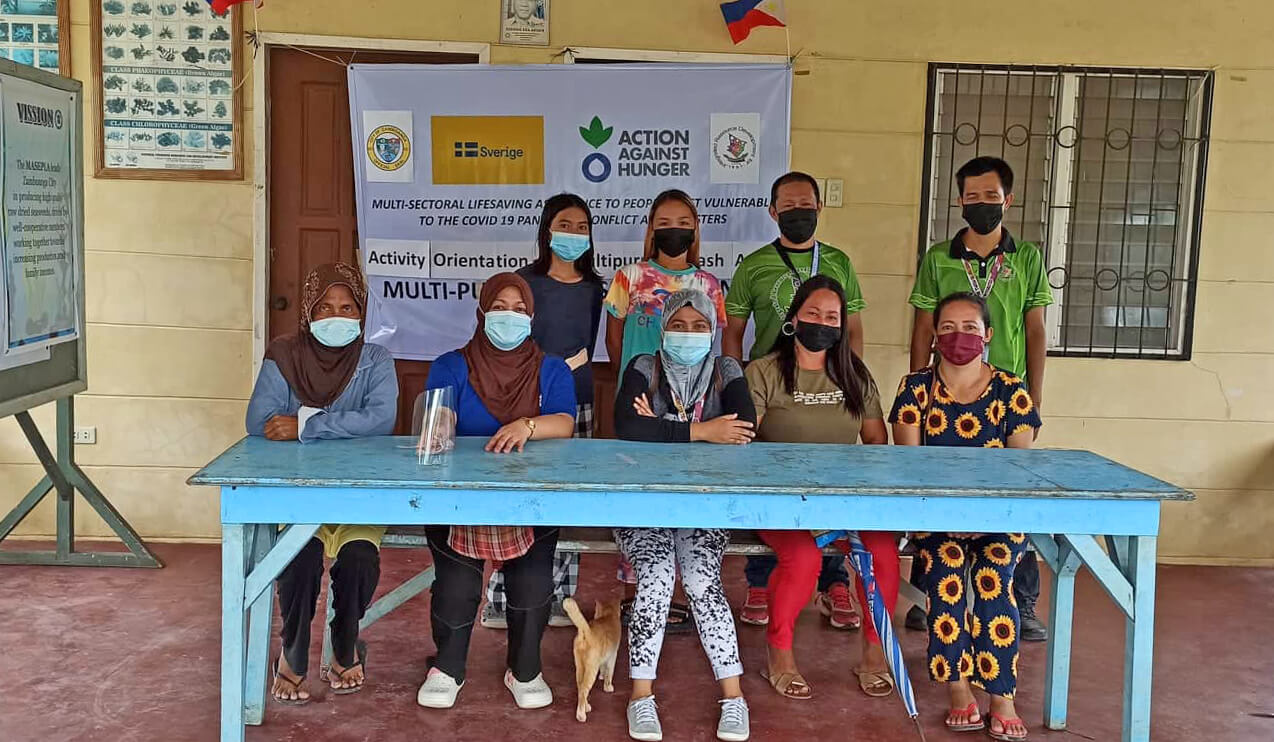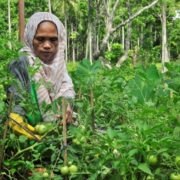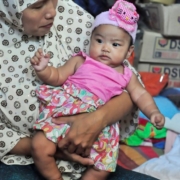PBA 2021: Converging efforts with local government and RHUs to strengthen health and nutrition initiatives in Mindanao
Limited access to quality health care has been one of the identified humanitarian gaps within remote areas even before the pandemic. This immediately took a turn for the worse when COVID-19 negatively impacted these health systems. Many primary healthcare services have become inaccessible due to the lockdown restrictions or overcapacity of patients. Conflict-affected communities─especially the poor, displaced, and those in other vulnerable conditions─are at greater risk more than ever.
This is why our Program-Based Approach (PBA) in Mindanao has been coordinating with rural health units to ensure that primary health services are available, sustainable, and easily accessed by vulnerable communities.
Since the second quarter of 2021, we have been sponsoring medical-dental missions of the local government with support funding from the Swedish International Development Agency (SIDA).
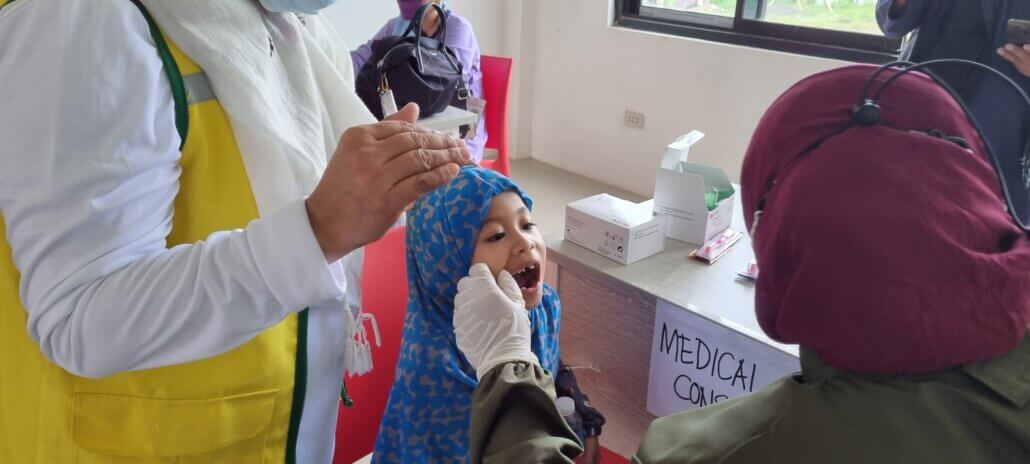
Dental Services during the Health Mission at Lumbatan last August 23, 2021 (Photo by PBA Mindanao 2021 for Action Against Hunger)
A total of 1,202 people—collectively from Binidayan and Lumbatan of Lanao del Sur—participated in a series of activities from July 26 to September 2. Our nutrition screening activities were also integrated with the health mission to converge our health initiatives on the ground.
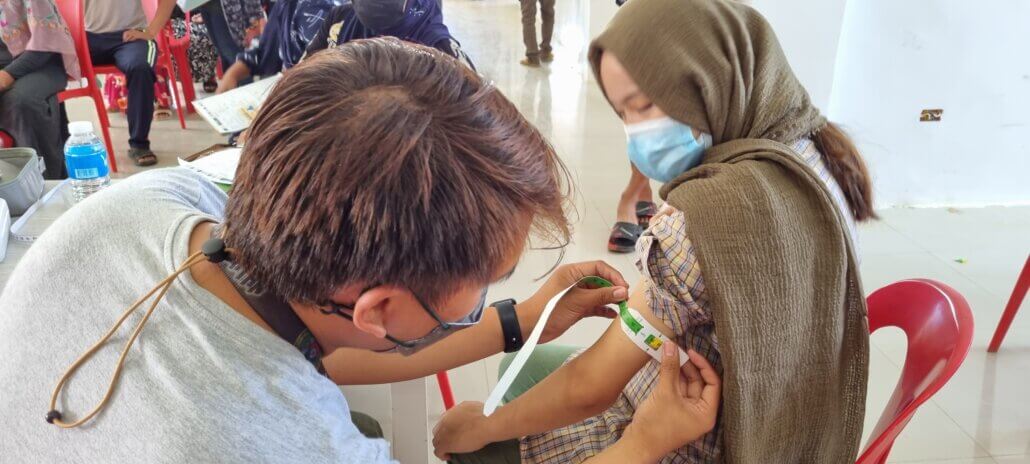
MUAC Screening during the Health Mission at Lumbatan on September 2, 2021 (Photo by PBA Mindanao 2021 for Action Against Hunger)
Following the nutrition screening, all individuals identified to have severe or moderate acute malnutrition were then referred to the RHUs to receive appropriate care and treatment. To supplement their nutritional needs, they will also receive financial assistance from our multi-purpose cash program.
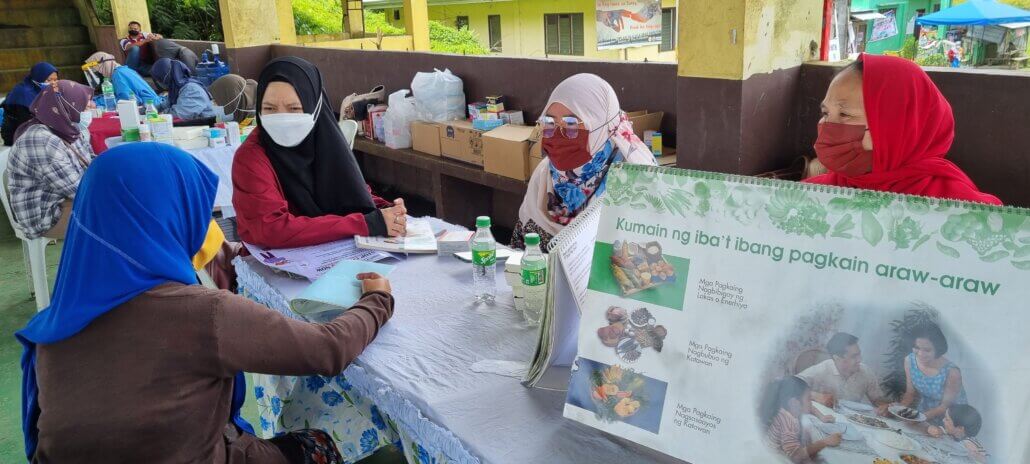
Nutrition Awareness Session during the Health Mission in Binidayan on July 26, 2021(Photo by PBA Mindanao 2021 for Action Against Hunger)
Aside from these interventions, nutrition-awareness sessions were also held to refresh or heighten the participants’ knowledge of good health practices. In Binidayan, pregnant and lactating women (PLW) who are at nutritional risk also received hygiene kits and hygiene promotion sessions.
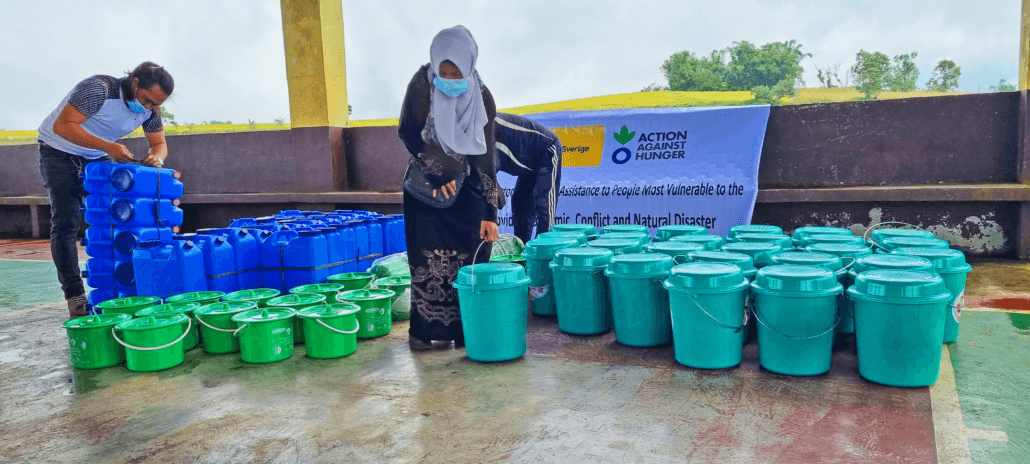
Hygiene Kit Distribution for PLWs at Binidayan during the Health Mission on July 26, 2021 (Photo by PBA Mindanao 2021 for Action Against Hunger)
Our efforts to stop and prevent hunger continues. We aim to fully protect, assist, and advocate for disadvantaged communities that are at greater risk to societal, environmental, and health crises.
The Program-Based Approach (PBA), otherwise referred to as ‘Multi-Sectoral Lifesaving Assistance to People Most Vulnerable to the COVID-19 Pandemic, Conflict, and Disasters ─ Mindanao Program 2021’ is funded by the Swedish International Development Cooperation Agency (SIDA) and implemented by Action Against Hunger Philippines.
Written by Joyce Anne Sandajan Read more


